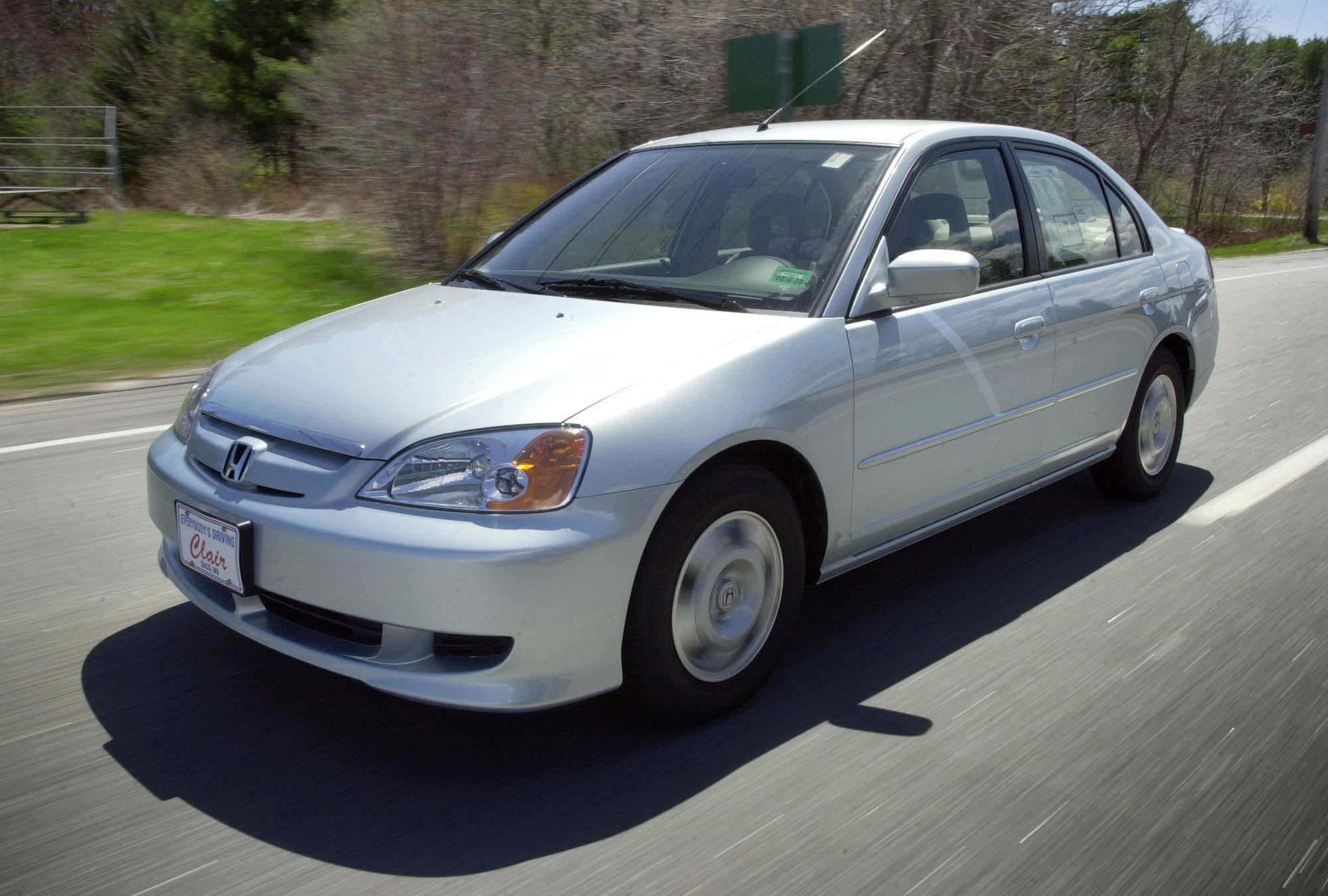Last week, four Japanese carmakers announced a worldwide recall for vehicles with faulty airbags. According to USA Today, "Toyota, Honda and Nissan need to track down 3 million vehicles around the globe," and with Mazda later added to the roster, the number rises to almost 3.4 million. The defect has been blamed on Takata Corporation, the Japanese company that manufactured the airbags, which may "deploy abnormally" in a collision and spray pieces of broken plastic on the front passenger-side seat. In some models, the bags don't deploy at all. Takata's share price dropped as much as 15 percent after the news broke, though the automakers themselves managed to escape the wrath of investors. In fact, three saw their share prices go up by 3 to 6 percent on the Tokyo Stock Exchange, despite the fact that the recalls will cost them billions of yen.
In line with the Japanese media's unwritten policy of exercising caution when reporting stories that might reflect badly on the domestic automotive industry, the announcements were covered in a low-key fashion, as something that was mostly happening overseas. BBC News devoted several in-depth reports to the story, as did the major American news services.
On the one hand this difference in scale matched the numbers involved. The majority of the recalled vehicles were sold in North America and Europe, while in Japan 732,000 cars come under the recall. That's still quite a few, so local news outlets, by trying not to draw too much negative attention to the recall and embarrass existing or potential sponsors, would seem to be avoiding their responsibility to provide information that is in the public interest.


















With your current subscription plan you can comment on stories. However, before writing your first comment, please create a display name in the Profile section of your subscriber account page.